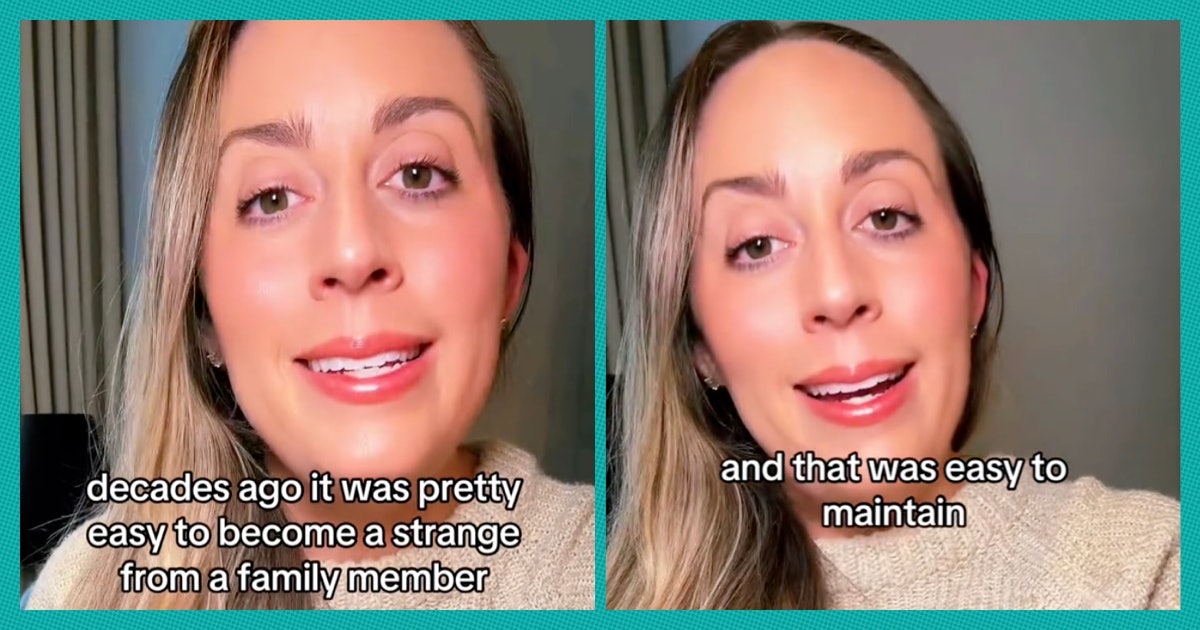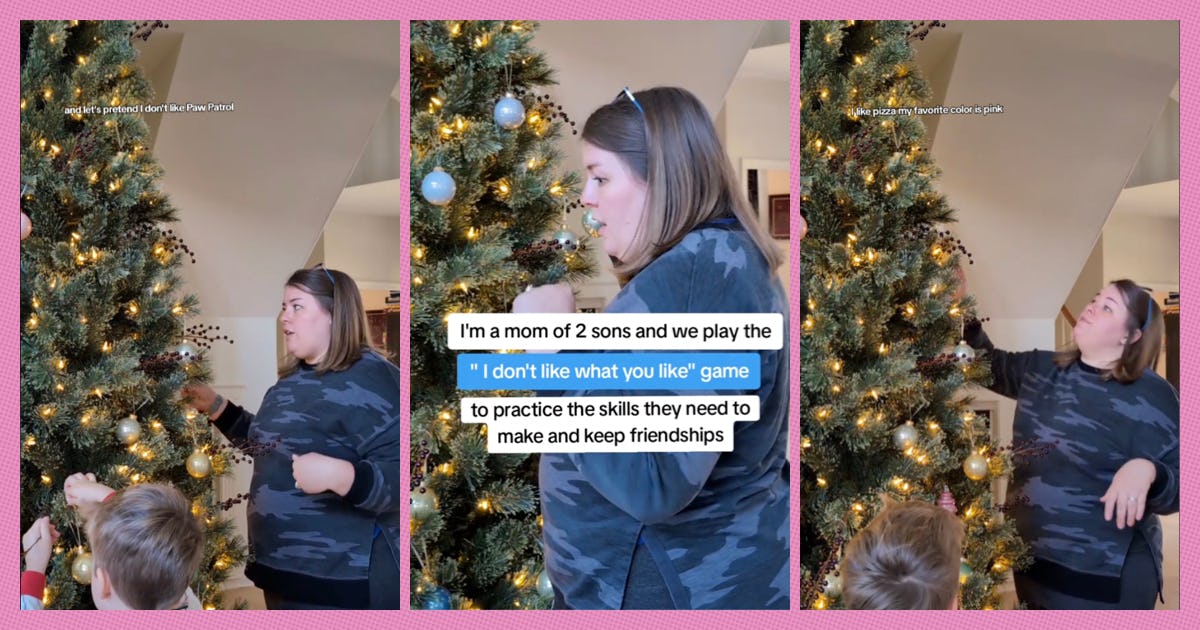You probably know at least one person with whom you have “no contact” or “little contact”, or someone who is estranged from a family member. You may know others who are considering this decision. The idea of getting out of a relationship with a difficult (or just plain toxic) family member seems to be popular these days…but why?
Whitney Goodman, marriage and family therapist and author of (a very good book) Toxicity positive, She explained her theory on TikTok, and it makes sense.
“Decades ago, it was easy to become estranged from family members,” she said. “We don’t even have to put all these labels on it. People don’t have to say they have no contact, low contact, alienation because they can move to the other side of the country and maybe only talk to that family member once a year or see them during the holidays, That’s ease of maintenance.
“Now,” she continued, “we have so many different ways for people who are disrupting our lives to get in touch with us. So if you have a family member who is toxic, abusive, has trouble maintaining boundaries, they can use Facebook, Instagram, Emails, phone calls, text messages, What’s App contacting you…so that often means that people today have to take a stronger, more restrictive approach to limiting those relationships simply because there are so many avenues for others to continue. Interact with them and possibly harm them.
“I think that’s why we’re seeing today that estrangement is such an explicitly spoken and spoken thing, and we have a lot of older people saying, ‘Well, we didn’t do that. Everybody stayed in touch,’ and actually, You may have family members who actively choose distance and estrangement, but they don’t really call it that because they don’t have to.
Honestly, we just chalk this up to more and more people getting therapy and learning to advocate for themselves (of course, those could be factors as well), but we don’t even take into account the impact of distance and technology. But it makes sense.
Commenters were quick to see themselves reflected in this observation.
“My family didn’t speak to each other for a long time,” one user responded. “But I had no contact and now those family members are acting like I’m the anti-Christ.”
“Even if I went to college in ’09, I could distance myself by not coming home,” another commented. “Since 2020, all of these family members have found ways to be so disruptive between socializing, email, texting…”
“Growing up, I never imagined that my father and his brother were estranged, even though I never met my uncle,” said a third. They went on to say that they were shocked until their husbands made the (obvious) observation after saying their uncle wasn’t invited to their wedding.
According to data from a study published in the journal Science Marriage and Family Magazine, Six percent of respondents reported being estranged from their mother for some time, and 26 percent reported being estranged from their father. This usually happens between the ages of 23 and 26 (which makes sense since this is the time of your adult life when you start your own business.
So the next time an older family member tells you “we haven’t done this before,” you won’t do it when you talk about no longer having contact. have arrive Point them all out, but feel free to point them out. Or sit quietly with the confident contentment of knowing that, in fact, this is absolutely not true.




